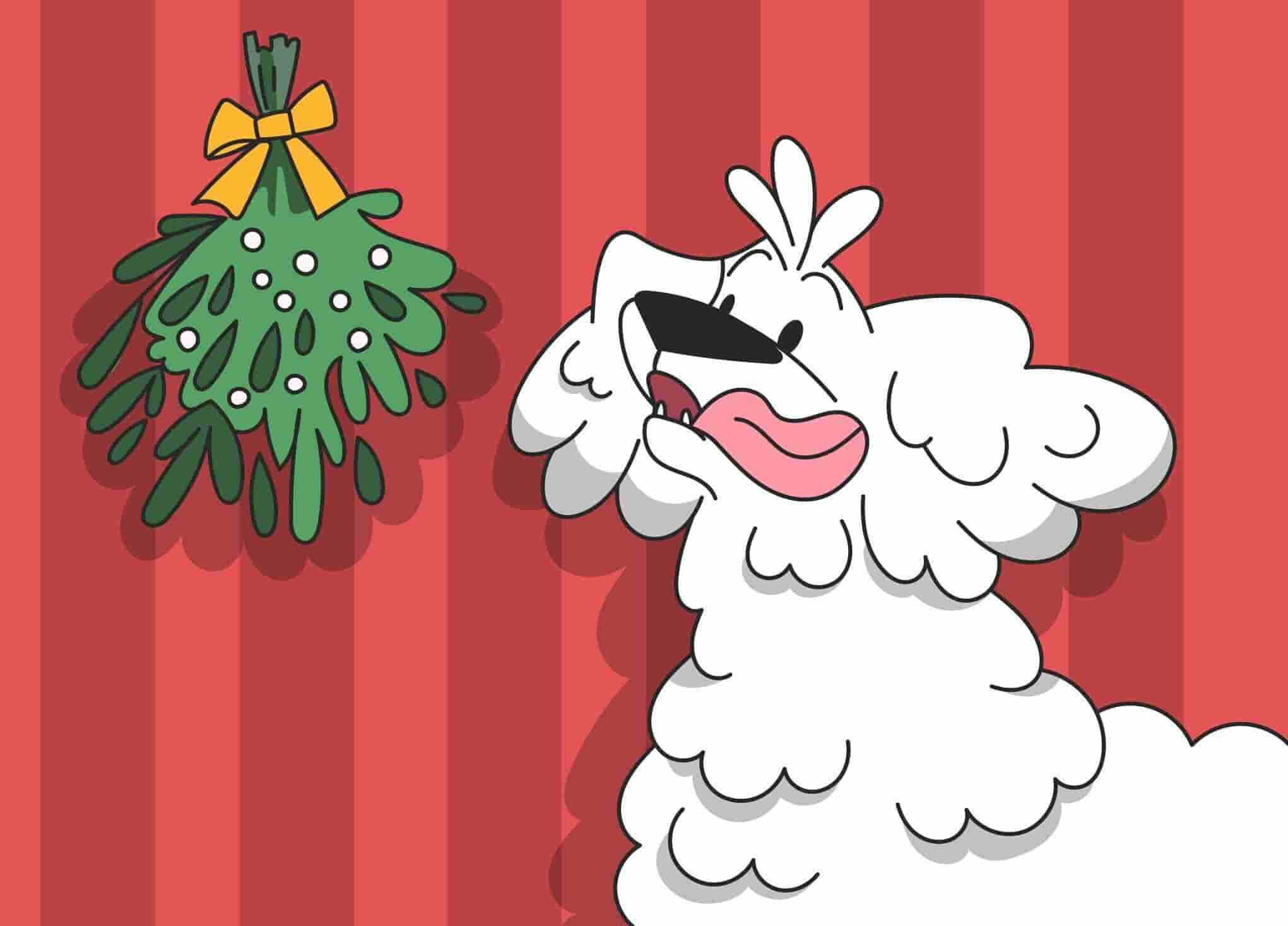From cookies to turkey, the holidays are filled with too many delicious things to eat, but if your pet is treating your plants like a salad bar you may have a problem. Many of the holiday season's popular plants can actually pose a danger to pets.
Here's an overview of some of the festive flora that can be toxic to our four-legged friends.
Holly
Not only does this plant have a toxic element, it's pointy leaves can also cause injury to cats and dogs from pokes and scrapes. Both the green leaves and red berries of this holiday plant are dangerous to pets.
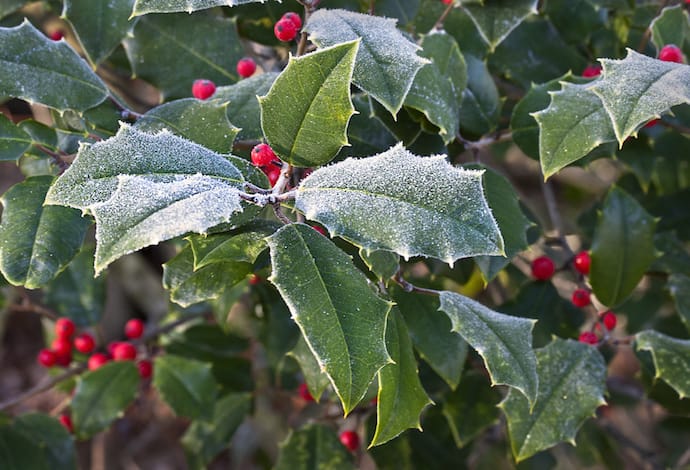
Poinsettia
Are poinsettias poisonous to cats and dogs? Although this holiday plant is one of the most notoriously dangerous, it's actually only mildly toxic for animals. The milk-white sap of the poinsettia has elements similar to laundry detergent and can cause animals to drool, vomit, or experience diarrhea.
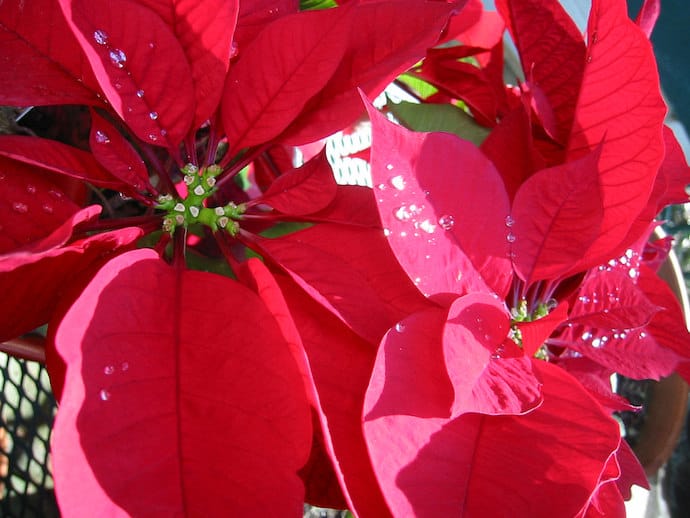
Christmas Cactus
Of all the plants on this list, this one is actually the safest. Is a Christmas cactus poisonous to cats? Christmas Cactus (which actually isn't even a cactus) isn't toxic to pets, but the fibrous material can cause digestion issues if your pet chews on it.
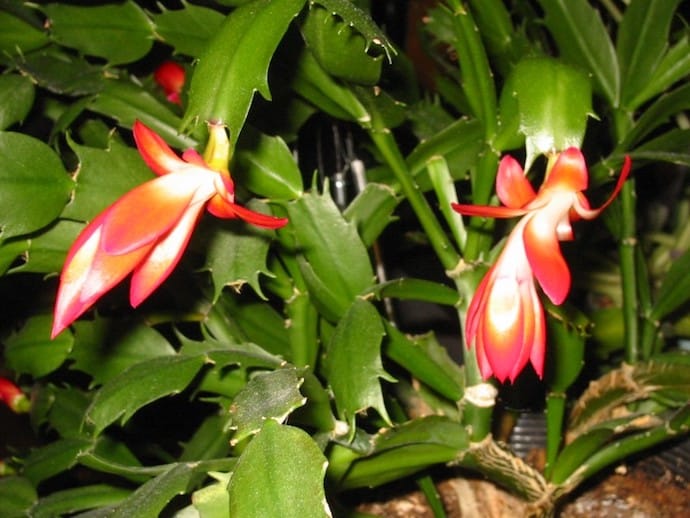
Mistletoe
Although the American variety of this classic kiss-inducing plant is less toxic than its European counterpart, it's still toxic to pets. The Mistletoe berries contain toxic chemicals in them that can cause gastrointestinal issues for animals.
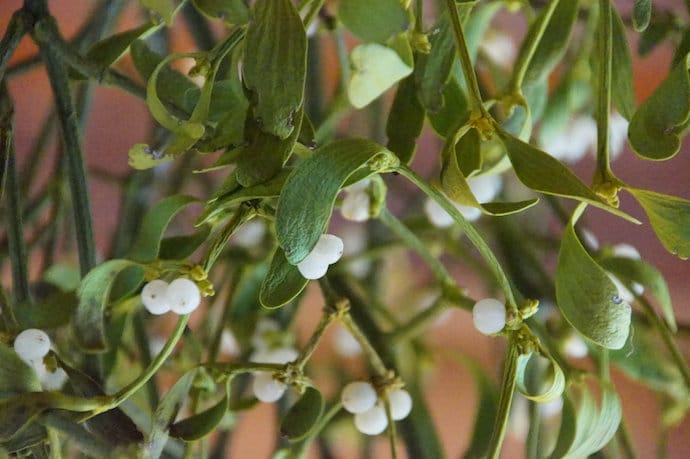
Jerusalem Cherry
Of all the plants on the list, this is one that poses the biggest threat to pets. Jerusalem Cherry is actually related to the deadly nightshade plant and bears poisonous fruit that can make people sick, and can kill pets.
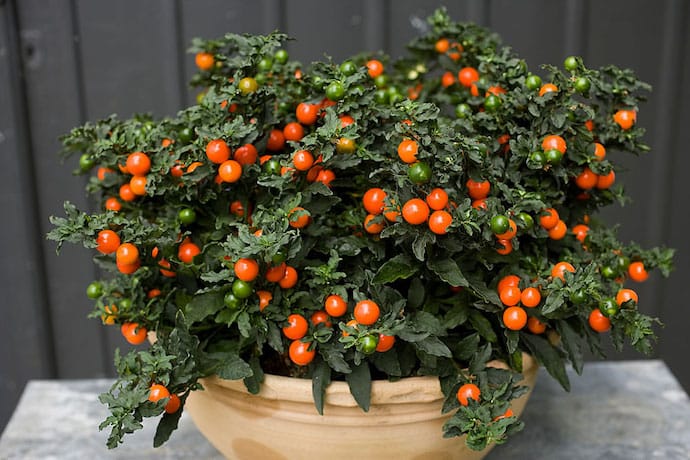
How to keep cats off plants
So now you know WHAT plants are toxic, but how do you keep your pet away from toxic plants? Aside from avoiding dangerous plants, you can also put them out of reach. A perfect place is hanging planters attached to the ceiling that are far from curious paws and mouths.
If you must leave your plants on the floor, the next best option is to use deterrent sprays. Cats have a natural dislike for citrus and acidic scents so making up a spray of citrus juice and water or vinegar and water and gently spraying or wiping it on to the leaves can often keep cats at bay. Don't pour this mixture directly into the plant as it could actually kill your plant.
Finally, there's discipline. Many pets don't like loud noises and keeping a can of marbles nearby that can shake will keep your cat away from plants. A spray bottle filled with water and a few small squirts when you see the offending behavior is also another great way to prevent your pet from eating plants.
Online Vet by Petcube can help you out in a minute to consult what plants might be toxic for your pet! Whether big or small, any question is worth asking, as our Online Vet is available 24/7 on weekends and holidays without scheduling vet appointments. Start a chat and just ask.

Read more posts about cats
Was this article helpful?
Help us make our articles even better

